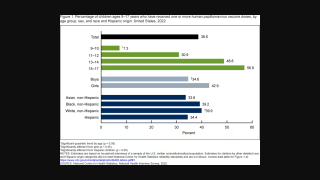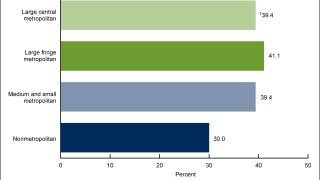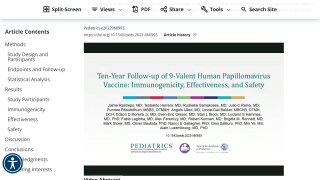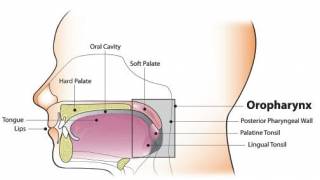HPV Vaccination Unrelated to Most Serious Adverse Events

In a nationwide cohort study, with more than 440,000 doses of human papillomavirus (HPV) vaccines administered to young women, no evidence was found to support an association between HPV vaccination and serious adverse events using both cohort analysis and self-controlled risk interval analysis.
Published by the British Medical Journal on January 29, 2021, this nationwide study of girls aged 11-14 years in South Korea, who received HPV, Japanese encephalitis, and tetanus, diphtheria, and acellular pertussis vaccines in 2017, two complementary study designs were used to investigate the association between HPV vaccination and serious adverse events.
All 33 predefined outcomes except for migraine showed no association between HPV vaccination and serious adverse events. And these findings were consistent across the follow-up periods (90 days, 180 days, and two years).
Furthermore, the HPV vaccine subtype subgroup analysis also showed consistent results with our main findings.
These researchers stated: ‘Our findings of no significant increase in serious adverse events show the safety of HPV vaccination and corroborate the findings of previous studies. Several studies have found no association between HPV vaccination and autoimmune diseases, a major concern in vaccine safety studies.’
By linking two different nationwide databases, a vaccine registry and a health insurance database, this study provided results for the entire young female population of South Korea.
Of the total 676,677 women aged 11-14 years in South Korea, 441, 399 (65%) were included in this study. Among these women, 382,020 were inoculated with 429,377 doses of the HPV vaccine and 59,379 with 87, 099 doses of Japanese encephalitis vaccine or tetanus, diphtheria, and acellular pertussis vaccine without HPV vaccination.
Among the HPV vaccinated girls, 295,365 received the quadrivalent vaccine, and 86,655 received the bivalent vaccine.
Although the study was limited by insufficient sample size and lack of power, this result was consistent with our work from a subgroup analysis of the bivalent HPV vaccine (adjusted rate ratio 1.07, 95% confidence interval 0.96 to 1.20), said these researchers.
HPV vaccination is recommended to prevent HPV-associated diseases, including certain cancers, says the U.S. CDC.
About 40 genotypes of HPV can infect the female reproductive system, of which 15 HPV types are referred to as a carcinogenic or high-risk virus due to their association with gynecologic cancers, including cervical cancer.
In the USA, the American Cancer Society updated its guideline for HPV vaccination on July 8, 2020. The new recommendations are for healthcare providers to routinely offer the HPV vaccine series to boys and girls between ages 9 and 12.
There are safe and effective HPV vaccines to protect males and females against cancers caused by HPV. These vaccines include 9vHPV, 4vHPV, and/or 2vHPV, says the CDC.
This research was supported by a Government-wide R&D Fund project for infectious disease research (GFID), the Republic of Korea (grant No HG18C0068). The funder was not involved in the study design; in the collection, analysis, and interpretation of data; in the report’s writing; and in the decision to submit the article for publication.
All of the study authors completed the uniform disclosure form and declare: all authors had financial support from government-wide research and development fund project for infectious disease research; J-YS received grants from the Ministry of Food and Drug Safety; the Ministry of Health and Welfare; the National Research Foundation of Korea; the Government-wide R&D Fund project for infectious disease research; and pharmaceutical companies, including Amgen, Pfizer, Hoffmann-La Roche, Dong-A ST, and Yungjin; no other relationships or activities that could appear to have influenced the submitted work.
PrecisionVaccinations publishes research-based vaccine news.
Our Trust Standards: Medical Advisory Committee

























